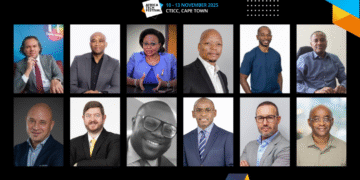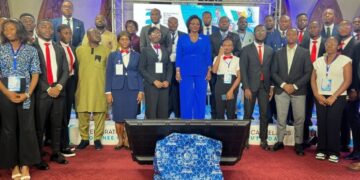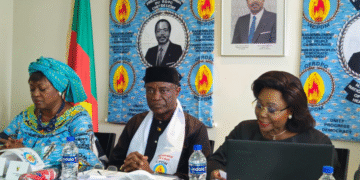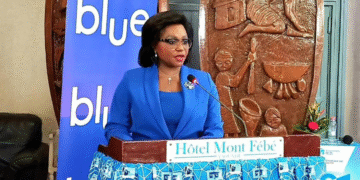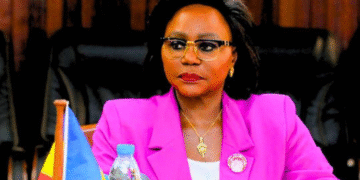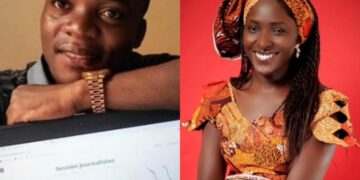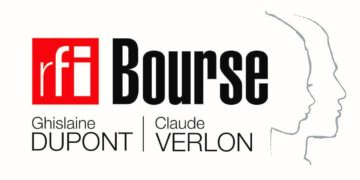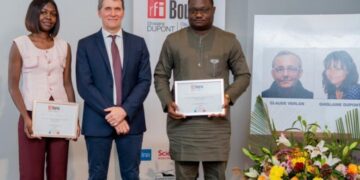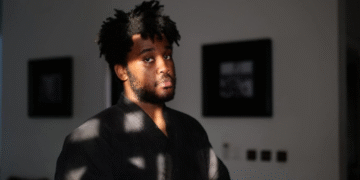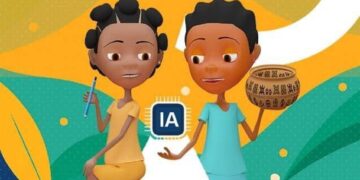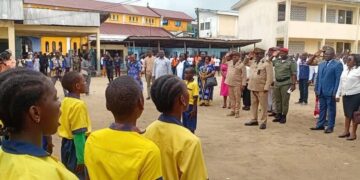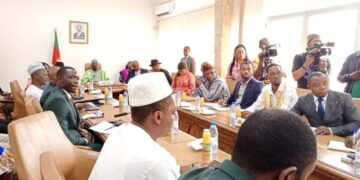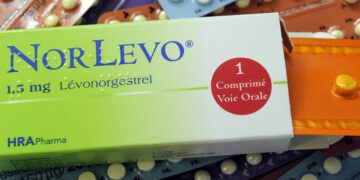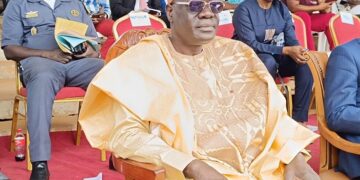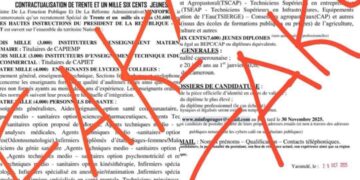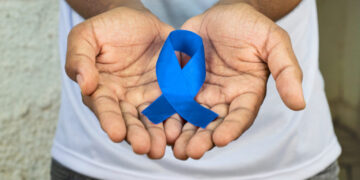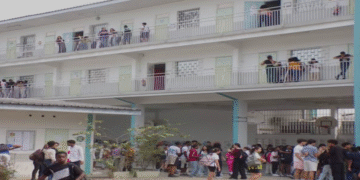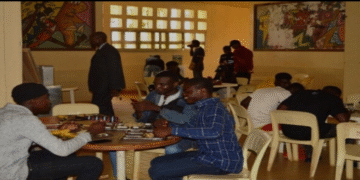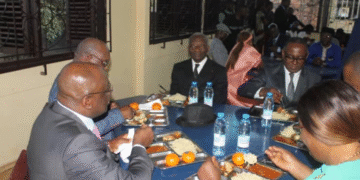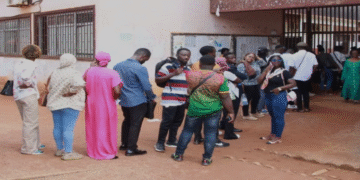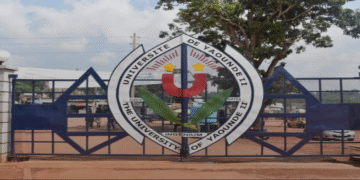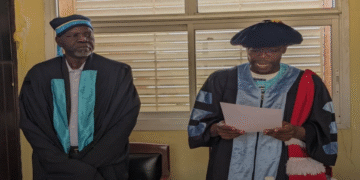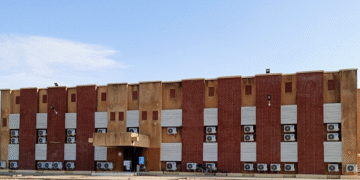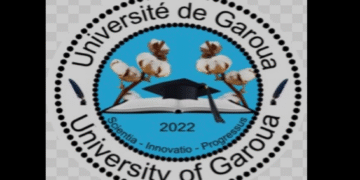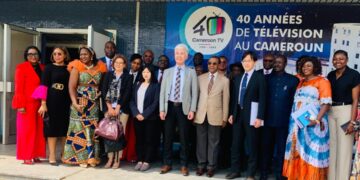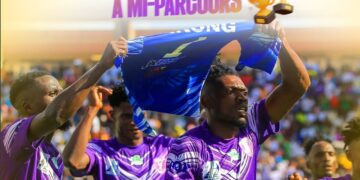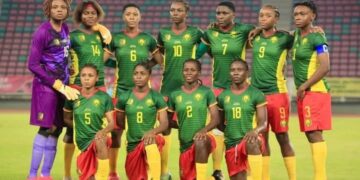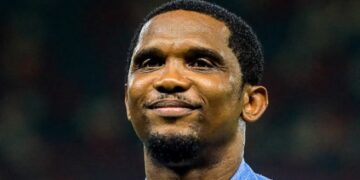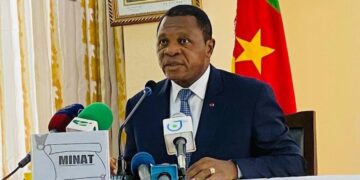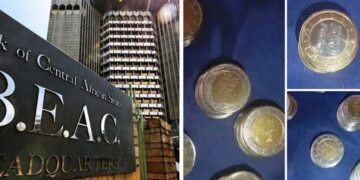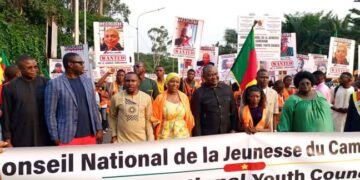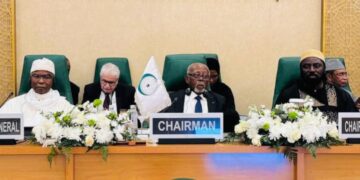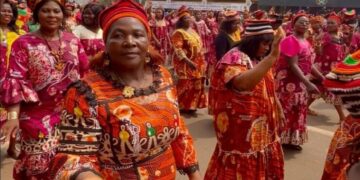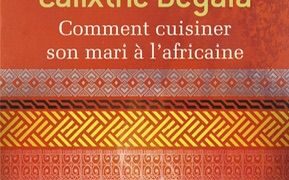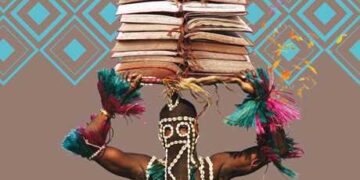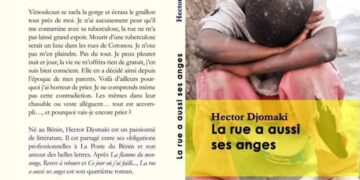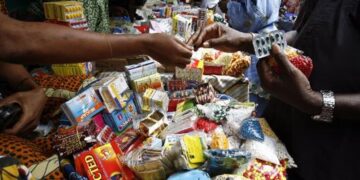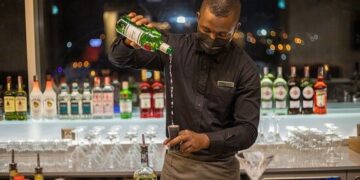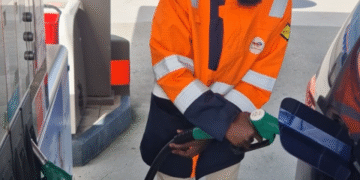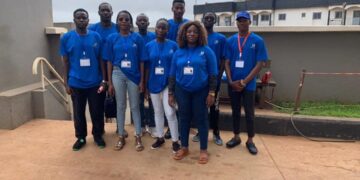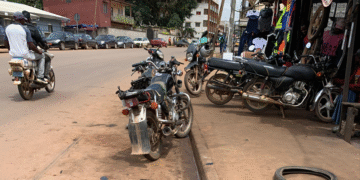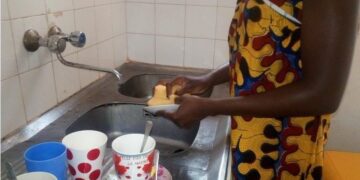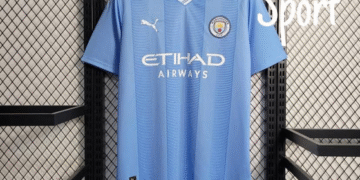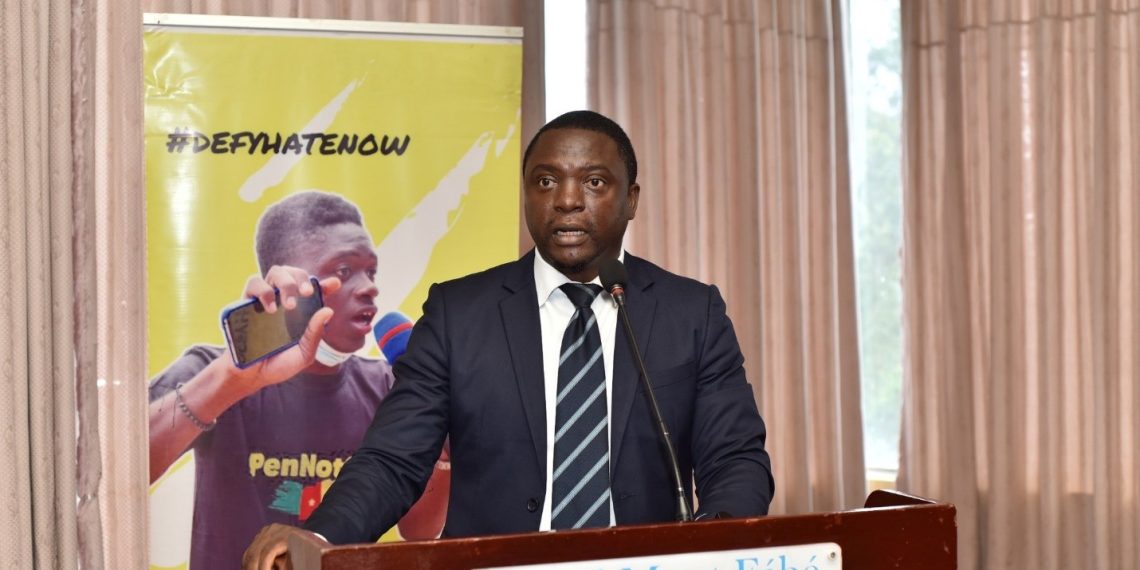After successfully establishing himself as a well-known figure in the fight against hate speech in Cameroon and a celebrated community development champion, Dr Ngala remains calm and is looking forward to breaking more grounds.
You are increasingly becoming a household name in Cameroon and beyond because of your anti-hate activities. But why the choice of dedicating almost an entire career and lifetime to fighting hate and how did you walk your way into becoming such a highly-respected figure in the domain?
The question of hate speech in Cameroon has become a national debate not only because hate speech keeps growing but also because of the increasing nature of the way hate speech has an interplay in daily activities. We are in a pluralistic society where different people see different persons differently. People from ethnic, religious or even cultural and social backgrounds are having to actually engage with different persons. I decided to dedicate almost my entire career fighting hate speech because I have been a victim of hate speech. During our university days when we were frontliners of persons who were accused of being buffoons and not wanting to go back to the University of Buea because I was studying in a French university. I also took the decision partly because I think we need to embrace diversity and pluralism. Cameroon is diverse and very pluralistic. So, we cannot get up one day and feel like we want to make everyone to become one overnight. I equally became a champion in fighting hate speech particularly because of the zeal to ensure that we just respect one another but also thanks to the #defyhatenow initiative that came to Cameroon and pushed up the conversation that was already existing and also brought me to the limelight.
Looking back at what you have done, what can you say are some of your biggest achievements over the years?
The successes that I and my team have been able to record over the years include reversing the trends. We all can now notice that the fight against hate speech is topical even at the level of secondary schools and policymaking levels. We have people who understand what hate speech is. Maybe they don’t respect it but they know that this is hateful. We also have people who know for sure that hate speech is dangerous. But also, something we should actually note is that we are seeing more and more policies coming into play to actually respond to the question of hate speech. We have a national law here. I also have to mention that we are equally part of the process to building this law in Cameroon. It is not satisfactory but it is actually the beginning of something. Thirdly, we have consulted the highest office notably Facebook or Meta which is a trusted partner for Cameroon. On Facebook, we flag contents and the contents are easily brought down. We also have international partners. The United Nations and other systems internationally constantly contact us to give our views on issues. We have launched campaigns locally that have been very successful which helped to bring change and move things to the right direction. Among them, the Hate Free Cameroon, Hate Free Schools, Hate Free Taxes and Hate Free Abakwa.
What have been your greatest challenges along the line?
The challenges that we have faced have always been finance. But also, we have had the challenges of people not always easily accepting that the message that we have is the right one. On most occasions, we meet people who don’t want to listen to us. They are like, we won’t listen to it because we don’t want the message. We have also had challenges of persecution. Be it from the society or from the community. The communities have in one way or the other, pushed us away. Some of them accuse us of working for a mandate which is not ours. They will say “you are being funded to tell people what does not exist” which we all know is not true. It has not been a ride of roses. But we have successfully carved out a way through which we can address the problem locality.
The year 2025 being an election year in Cameroon automatically becomes a crucial year. What are you and your team planning to do to make sure that you fully contribute in ensuring that the elections are peaceful especially considering the current complexity faced in controlling information particularly online?
The year 2025 is crucial. My team and myself are planning to make sure that we and the groups that we work with to contribute to peaceful elections considering that new forms of media especially social media and blog posts are really making their way in. We don’t advocate for information control per say but we advocate for gatekeeping in that we know when to speak and what to speak because the media acts like a conduit to information in the society. Saying something at the right time, within the right perspectives and within the right context is very crucial and important.
Aside projects to ensure that there is no hate during the elections, what are the other initiatives that you are looking up to targeting in 2025 in line with your anti-hate activities and other schemes?
We are looking within elections in Cameroon. But we are also targeting other society and community perspective actions that can go a long way to reverse trends. We have already engaged with national institutions. We have engaged with ELECAM, with the National Communications Council, the National commission for bilingualism, the Ministry of Communications, the Ministry of Posts and Telecommunications, the National Agency for Information and Communication Technologies-ANTIC, embassies and international development partners in Cameroon, to also accompany them in actually reversing the trends of hate speech locally. We have also engaged with schools and universities. We have been able to fight against hate speech not only within the university milieu but even at the level of primary schools where we are teaching and pushing the young minds on the issues of tolerance in a more conscious way.
You recently obtained a PhD which we believe should push you to another level both academically and professional. How important is that to you as a person and your #defyhatenow team?
I recently defended a PhD in the University of Buea under the Faculty of Laws and Political Sciences, the Department of Conflict Resolution and International Relations on the theme “The new media as a driver of hate speech in pluralistic societies” with the case study being Cameroon. This is so crucial because it moves away from civil society works into a research work. This shows that even when you are actually working for such a big project like combating hate speech in Cameroon, you can also very easily research and put out other things. This research did not only dive into the intricacies of the role that the new media play but it did show us that they were sweeping statements that we were using in the past to push things much further.


